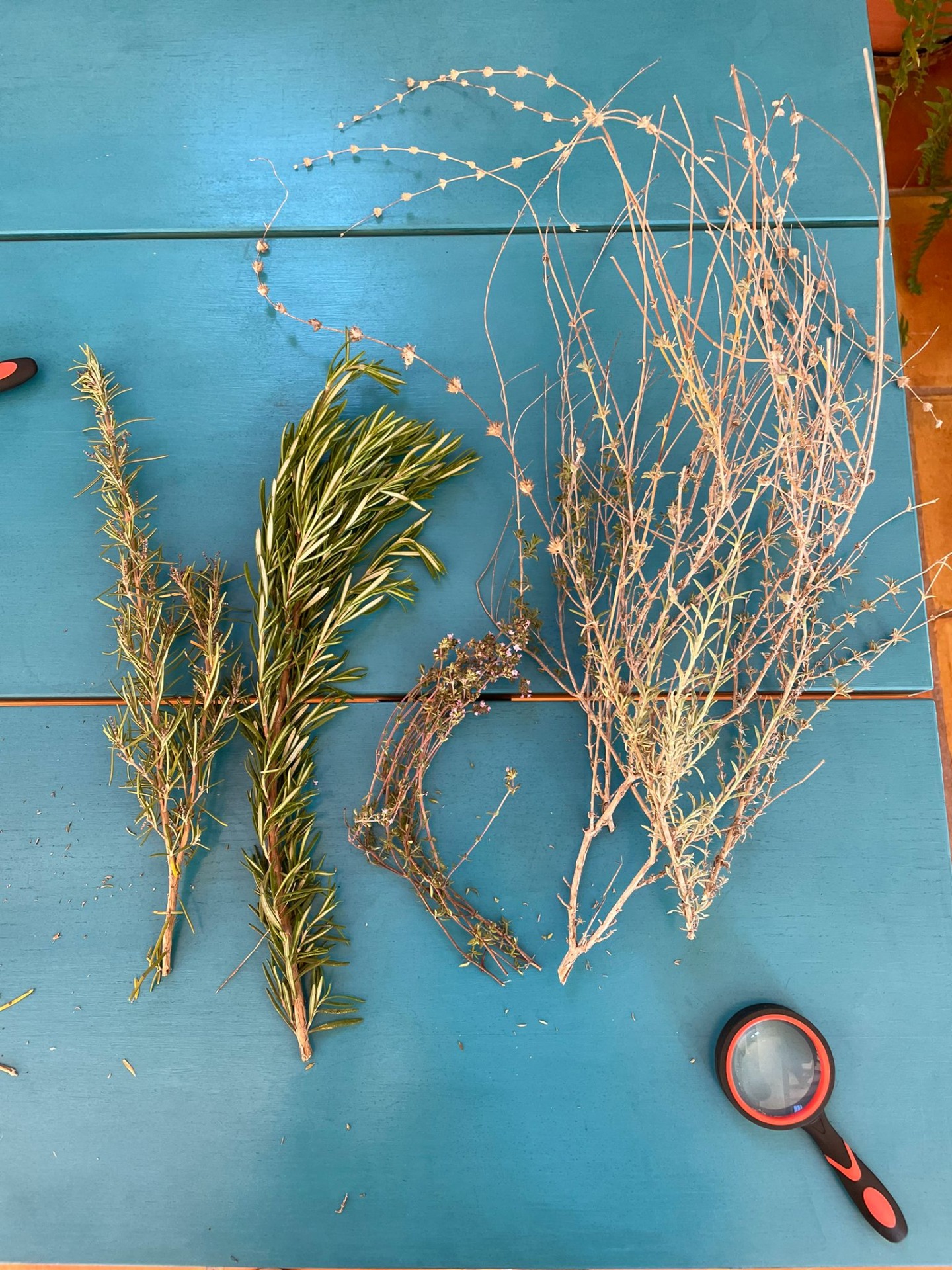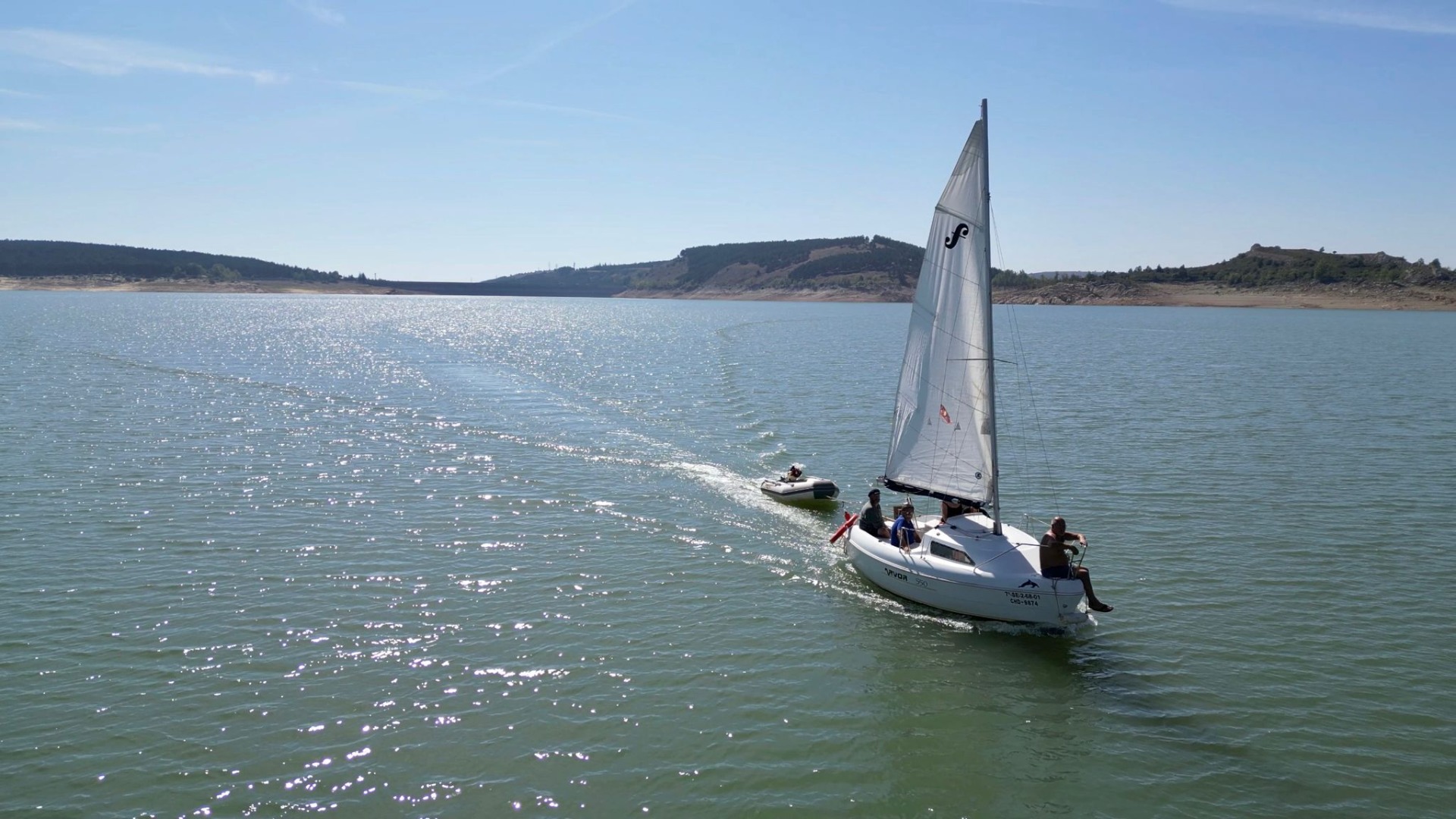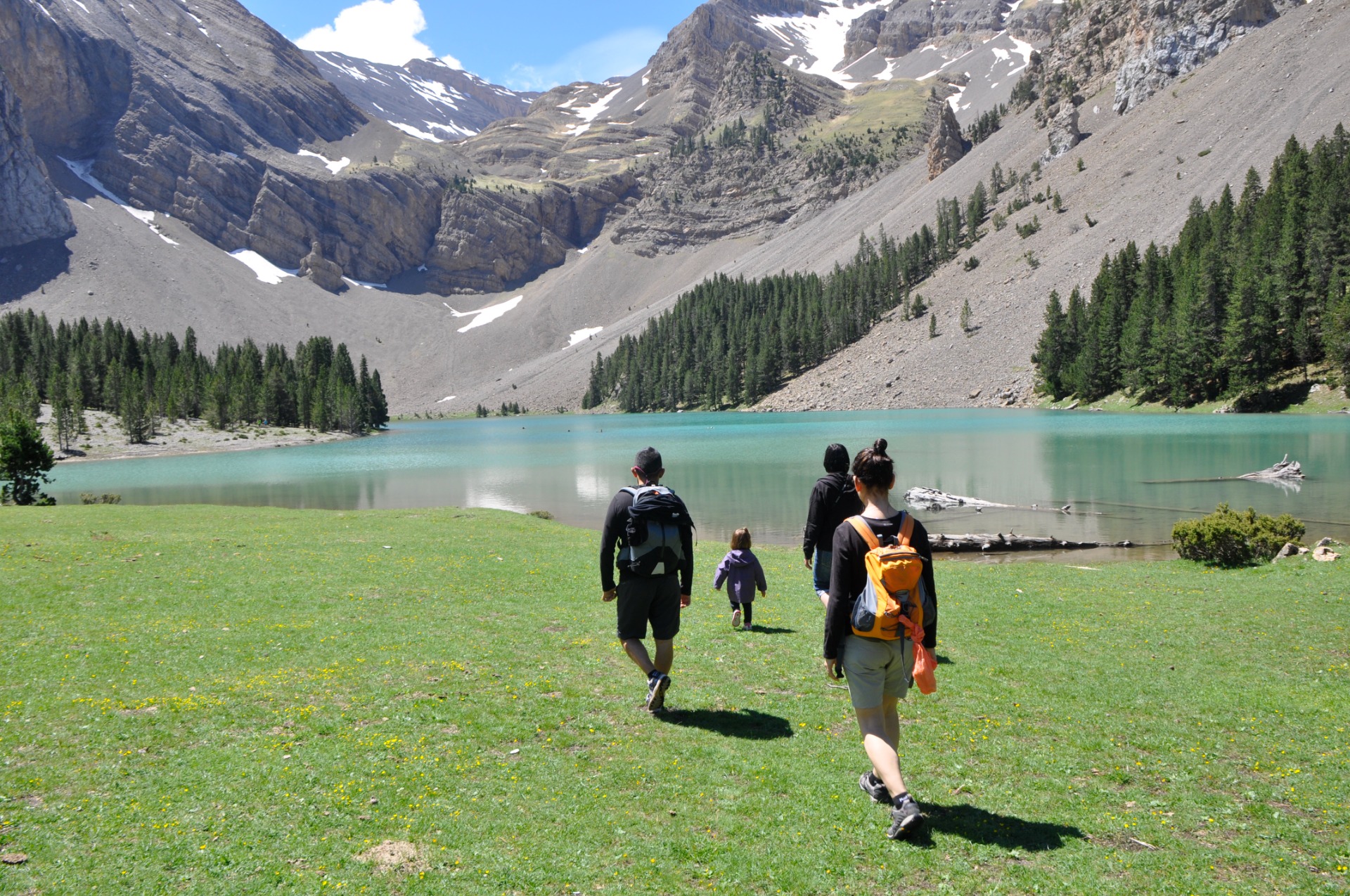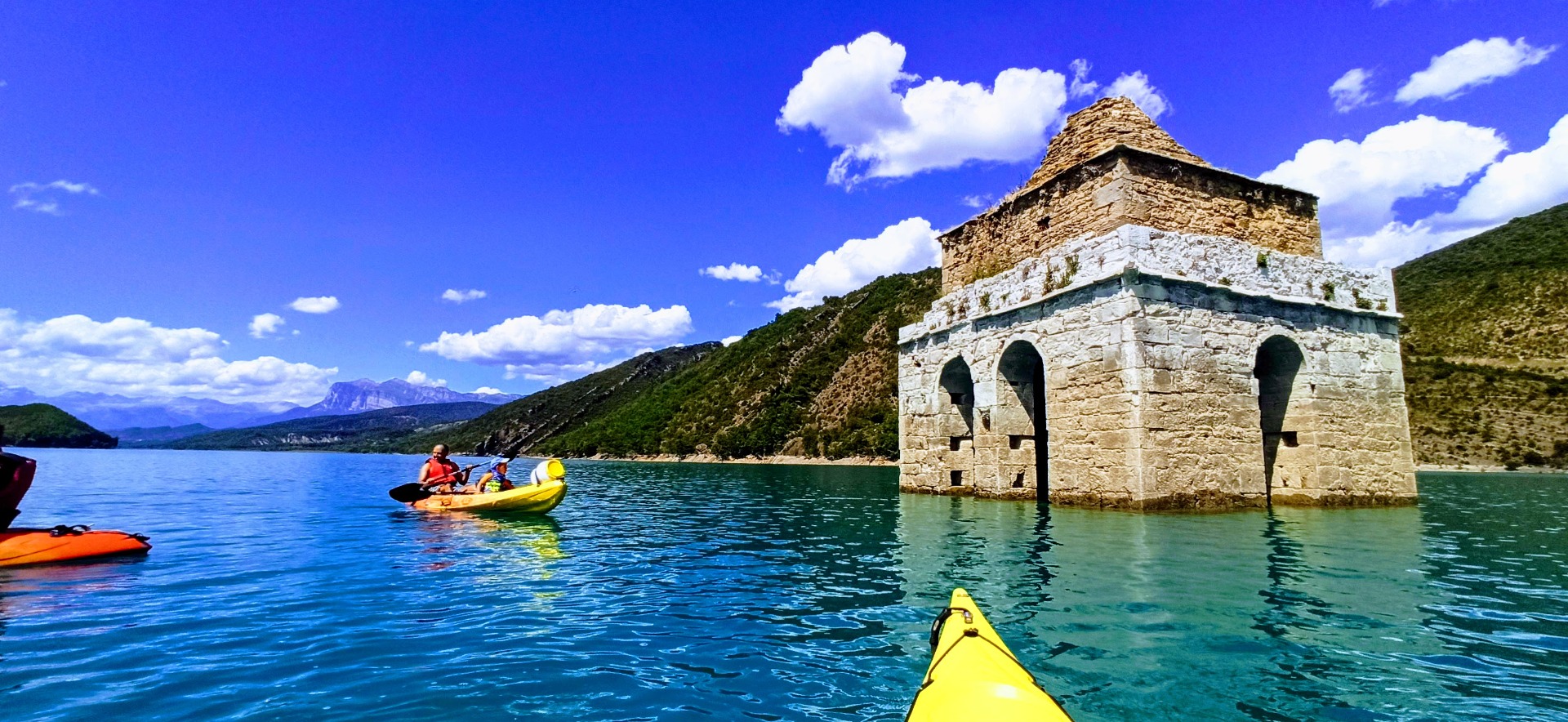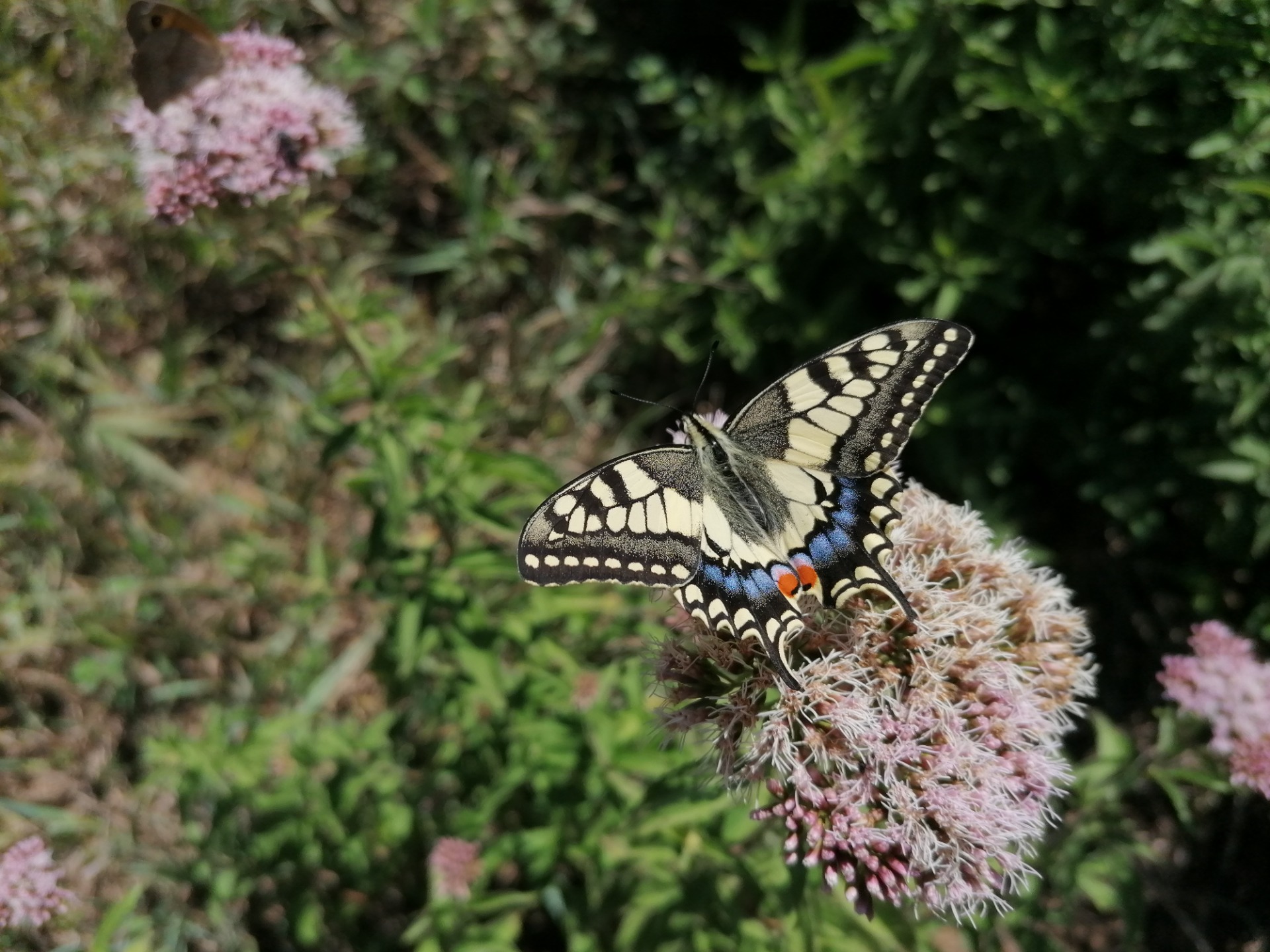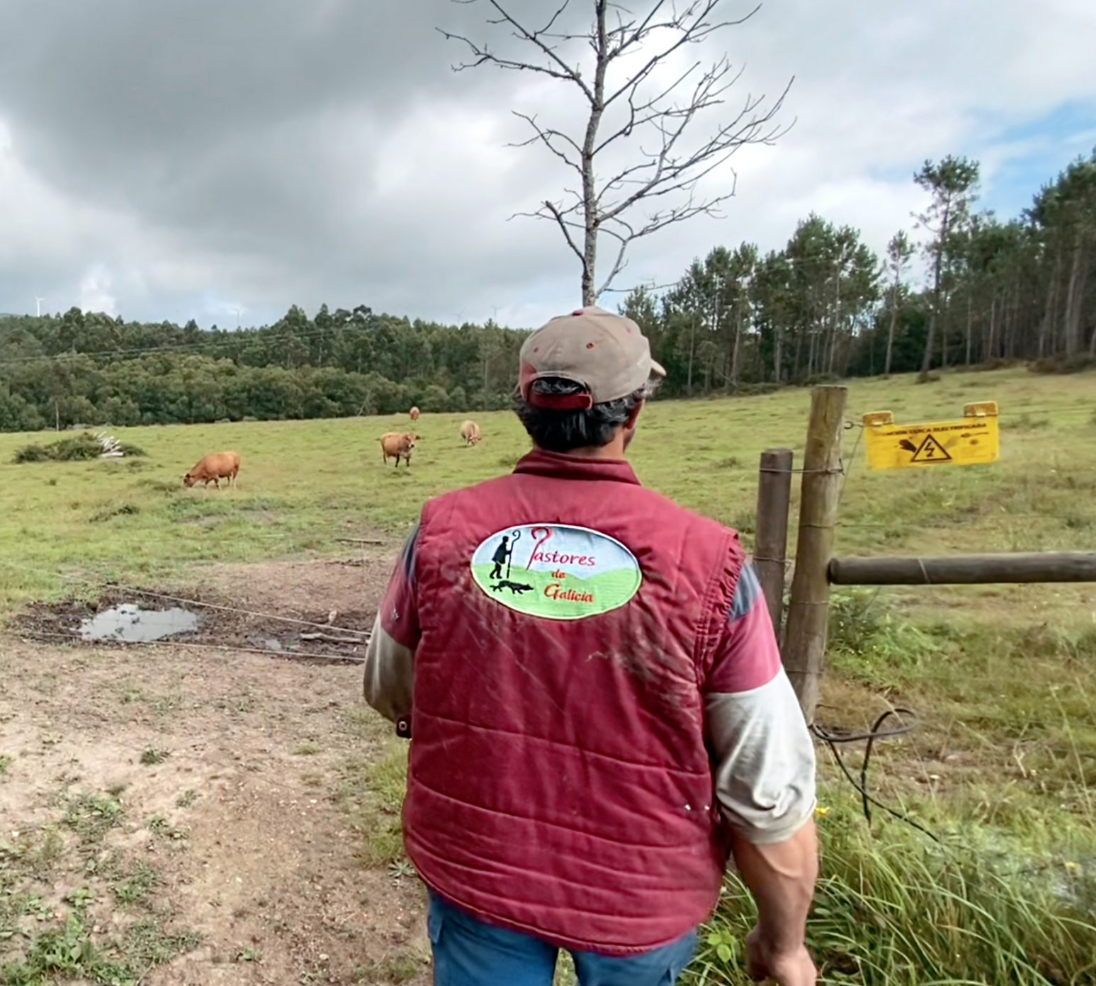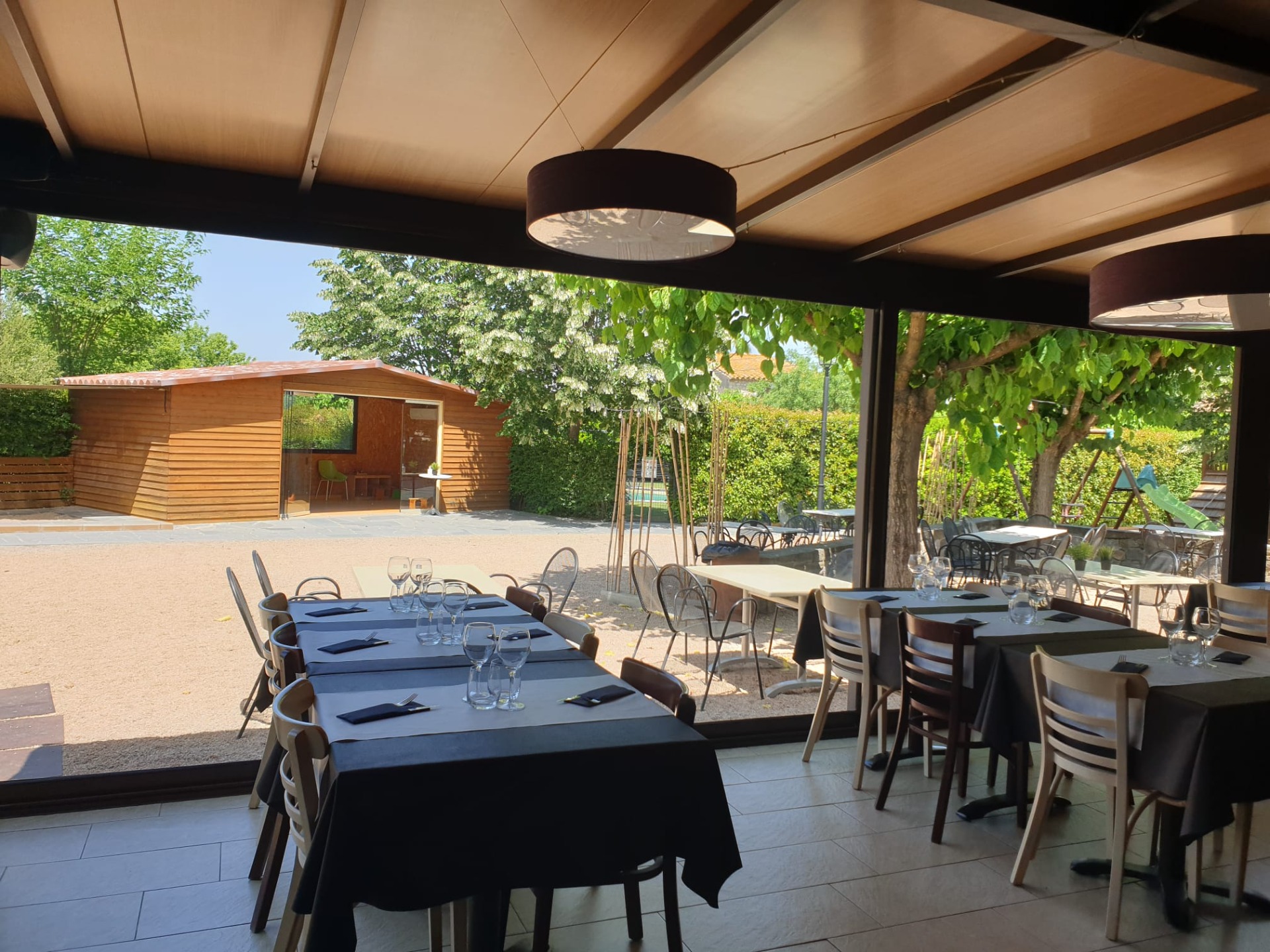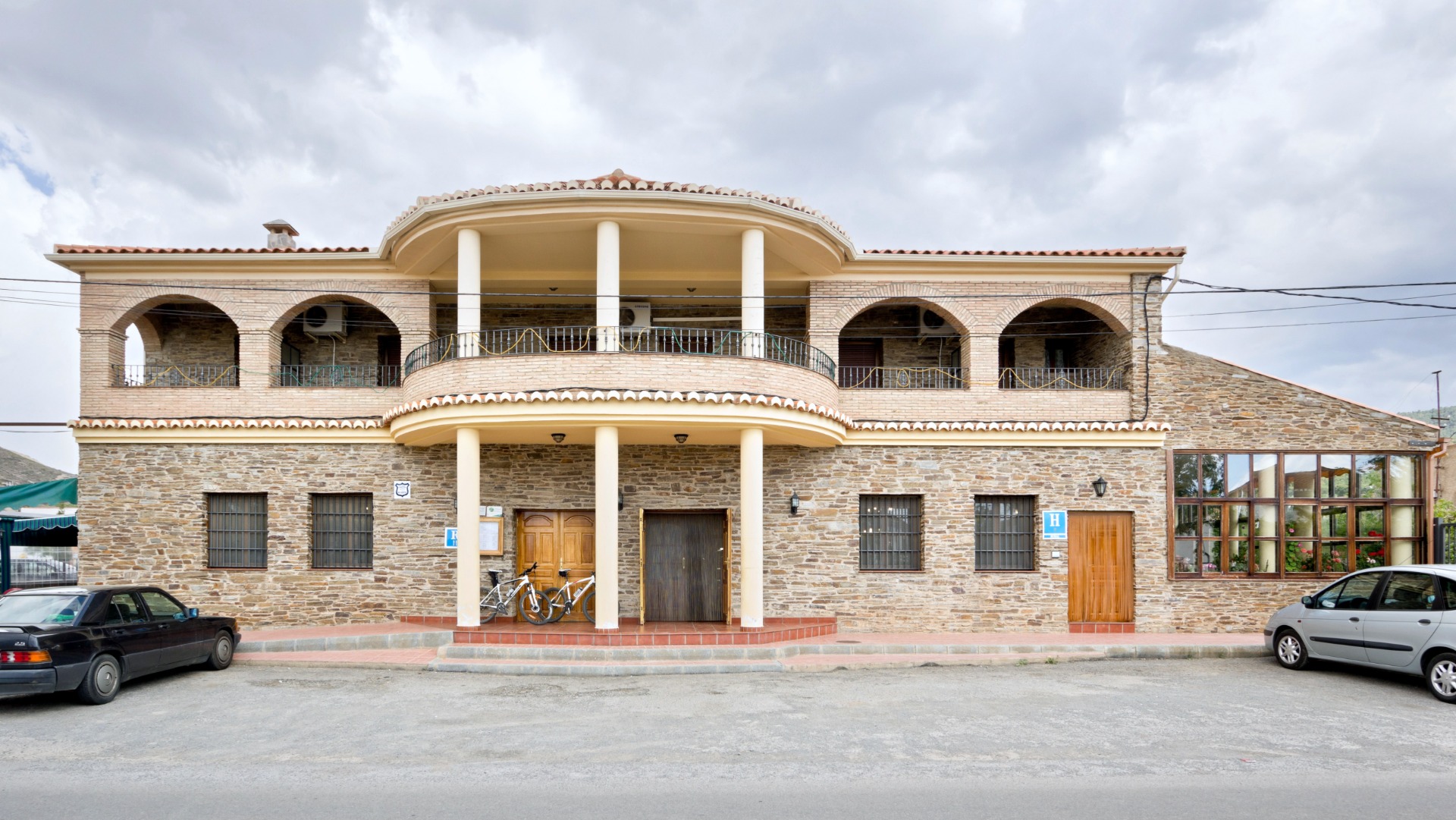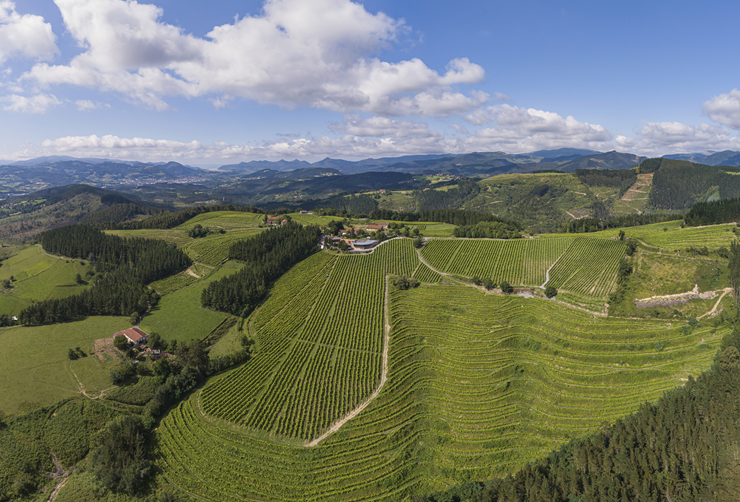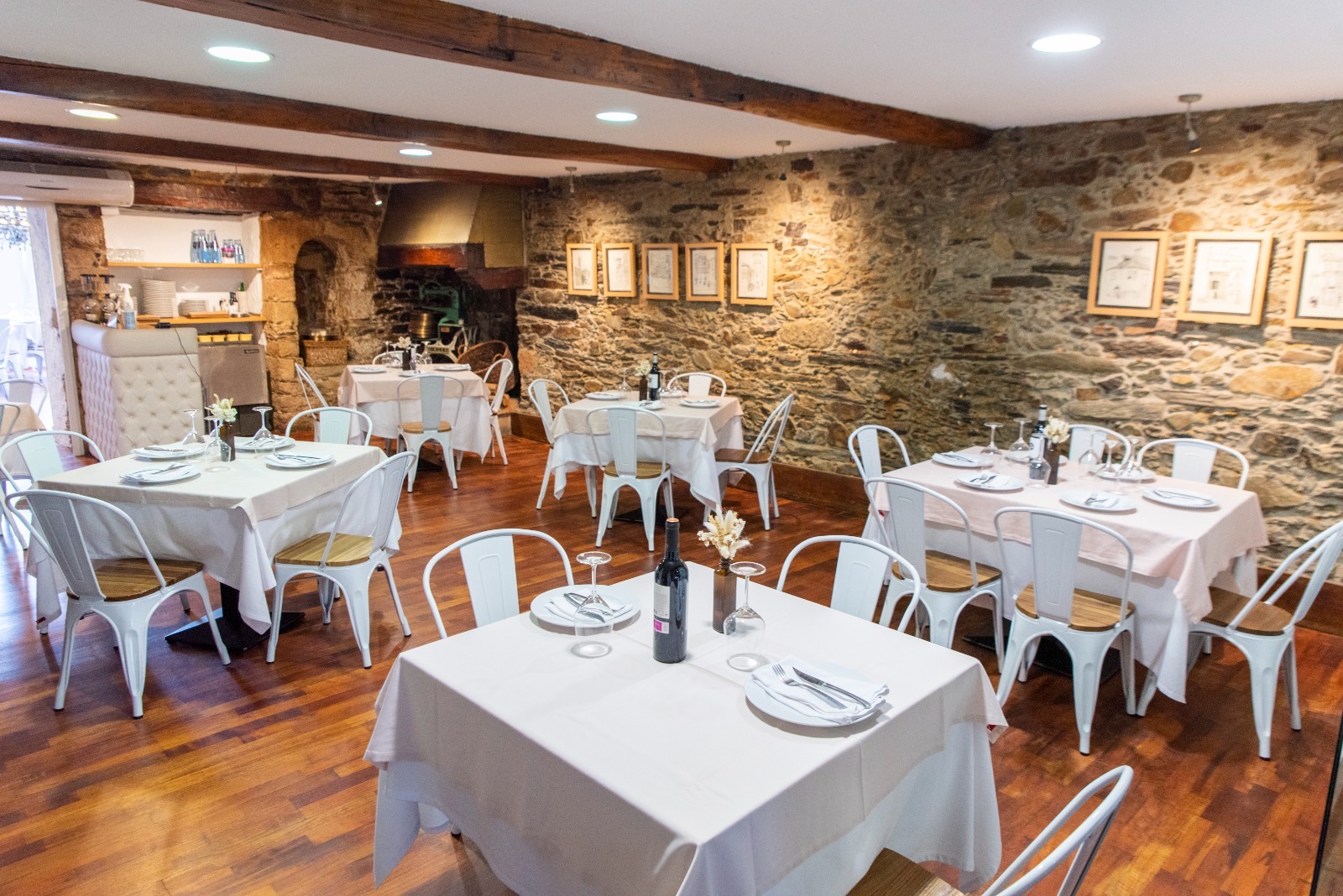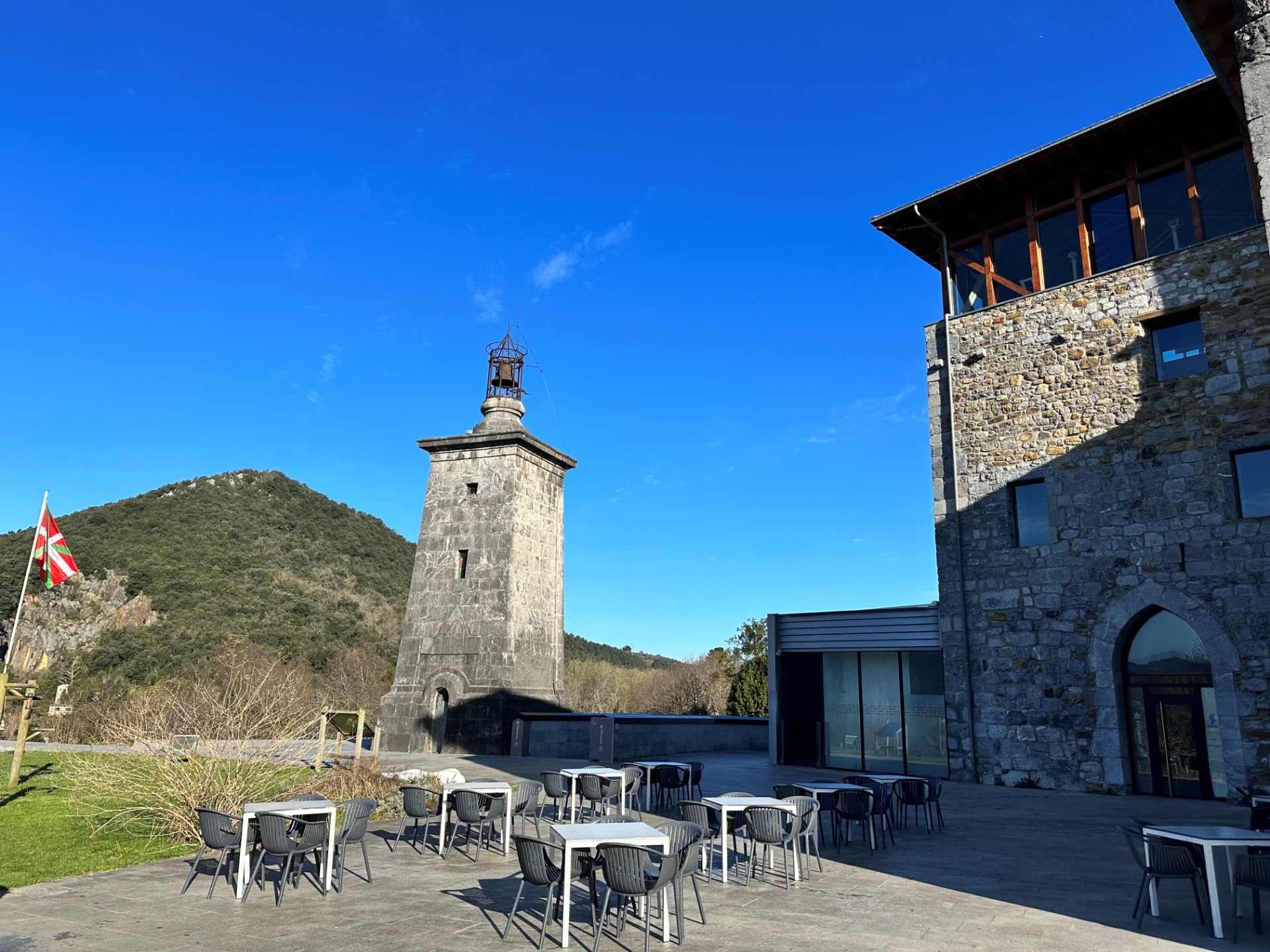¿Por qué?
SOY ECOTURISTA
Destinos comprometidos con el planeta
Espacios naturales certificados
SOBRARBE-PIRINEOS
Desde antiguas cordilleras y áridos desiertos hasta mares profundos, deltas tropicales y glaciares, todos los secretos sobre el origen de estas montañas se pueden descubrir en Sobrarbe.
LA GARROTXA
Su mitad sur alberga más de 40 volcanes y diversas coladas de lava, creando un paisaje suave y sin grandes desniveles. Este entorno está protegido por el Parque Natural de la Zona Volcánica de la Garrotxa.
LAS LORAS
El poderoso paisaje de Las Loras es testigo de la mayor concentración de edificios románicos de la Península Ibérica. El vínculo entre el patrimonio geológico, el arte y el poblamiento humano es una de las señas de identidad del Geoparque.
URDAIBAI BASQUE RESERVE
Este paisaje es rico en contrastes y posee un valor naturalístico extraordinario. Sus 22,000 hectáreas están integradas en un mosaico de acantilados, montañas, playas, ríos y aguas subterráneas, creando un espectacular entorno lleno de vida animal y humana.
Algunas propuestas que te van a gustar
ACTIVIDADES PARA DISFRUTAR EN LA NATURALEZA
Nuestra propuesta de
ALOJAMIENTOS ECOTURISTAS
Lo mejor de la naturaleza en España
DESCUBRE NUESTROS ESPACIOS NATURALES
En Soy Ecoturista descubrirás algunos de nuestros magníficos espacios protegidos de la mano de sus habitantes, sus verdaderos guardianes. Te contamos la mejor forma de recorrerlos, qué no te puedes perder, cuándo visitarlos y te hacemos algunas recomendaciones para que tu visita deje sólo una huella positiva. Entre todos, podemos ayudar a que estos magníficos espacios se conserven y sigan estando vivos.
Una selección de productos de la tierra
